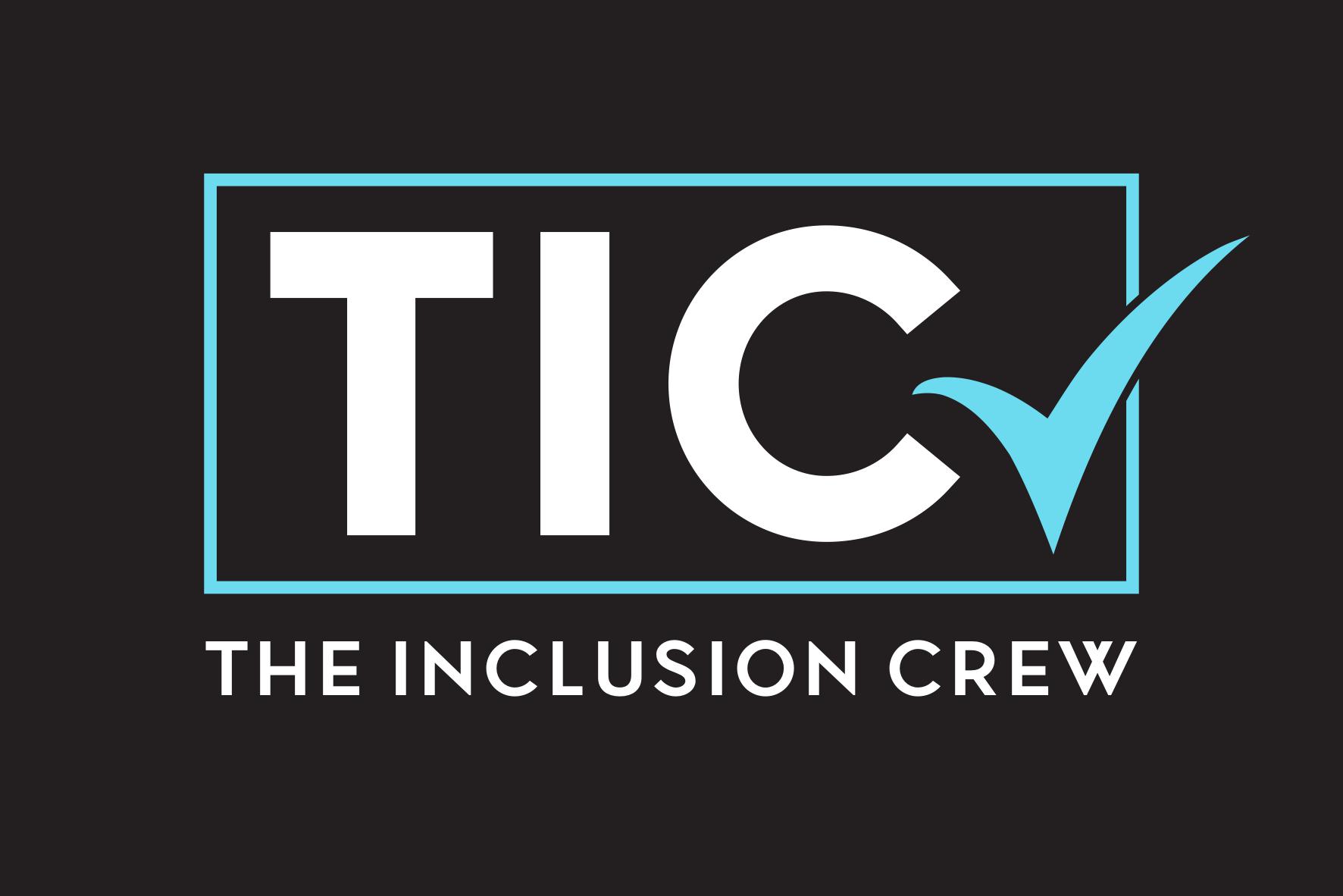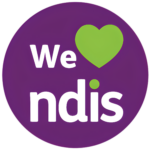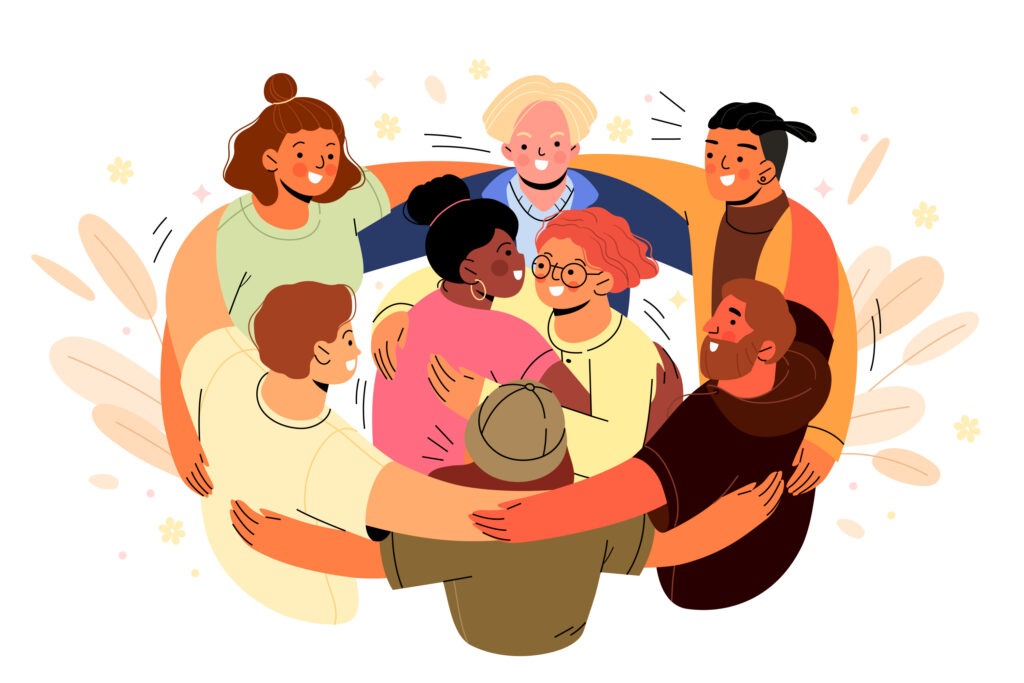Living with a disability presents unique challenges that can be better navigated through the strength of community. Peer support, a cornerstone of this community, holds immense value for individuals with disabilities. Let’s delve into the reasons why peer support is vital for people with disabilities, highlighting how it fosters well-being, empowerment, and a sense of belonging.
Building Bonds Through Shared Experiences
Peer support serves as a bridge that connects individuals who have walked similar paths and faced comparable challenges. When people with disabilities come together, they find a unique sense of validation and understanding that can be difficult to find elsewhere. This shared bond creates a strong foundation for building connections that run deeper than mere acquaintance.
Imagine the relief of discussing your experiences with someone who comprehends the intricacies of daily life with a disability. The frustrations, triumphs, and nuances that others might not fully grasp become shared anecdotes, forming the threads of a tightly knit tapestry of support. In these settings, there’s no need for lengthy explanations or hesitations – there’s an unspoken understanding that speaks volumes.
As individuals engage in open conversations within the realm of peer support, they find themselves surrounded by a network of people who truly “get it.” From sharing stories of navigating inaccessible spaces to discussing coping strategies for the challenges unique to their situations, these interactions foster a safe environment for authenticity. This authenticity paves the way for forging relationships that go beyond surface-level interactions.
This sense of camaraderie is indeed invaluable. It provides a space where individuals don’t need to hold back their experiences or feelings. It’s an arena where vulnerability is met with empathy, creating a platform for growth, connection, and the collective strengthening of emotional resilience. This shared understanding fosters an environment where every voice matters and where everyone has something to contribute. Through shared experiences, peer support offers not just solace, but a profound sense of unity that lights the path toward a brighter future.
Overcoming Isolation and Fostering Belonging
In a world that sometimes struggles to accommodate diverse needs, individuals with disabilities can find themselves unintentionally isolated. The challenges they face, both visible and invisible, might lead to feelings of disconnect from mainstream society. However, the beauty of peer support lies in its capacity to dissolve these barriers of isolation.
People with disabilities often share the common experience of feeling unheard or overlooked. Peer support dismantles this sense of detachment by offering a gathering place where stories are heard, and voices are amplified. When individuals meet others who understand the emotional landscape of living with a disability, a sense of resonance emerges. This resonance is a powerful antidote to the isolation that disability can bring.
Peer support groups, whether in-person or virtual, function as a haven where individuals can express their feelings without fear of judgment. The relief of being in the company of those who have faced similar struggles creates an atmosphere of acceptance. As stories of isolation and exclusion are shared, they transform into tales of empowerment and connection. This shift marks the beginning of a journey towards healing and belonging.
Finding a sense of belonging is fundamental to the human experience. For people with disabilities, who might feel marginalized due to society’s misconceptions or lack of accessibility, this sense can be elusive. Peer support swoops in to fill this void, offering a refuge where every individual is celebrated for who they are, not despite their disability, but because of the unique perspectives and insights it brings.
In these circles of support, the focus is not on differences, but on shared experiences and mutual respect. The bonds that form in peer support groups bolster a collective understanding that transcends the limitations imposed by disabilities. The feeling of belonging that emerges is a testament to the power of human connection, affirming that each person, regardless of their challenges, is an integral part of a larger tapestry of community and belonging.
Sharing Practical Wisdom
Navigating life with a disability demands an exceptional level of resourcefulness and adaptability. Whether it’s finding alternative routes in an inaccessible environment or discovering creative ways to accomplish everyday tasks, individuals with disabilities often possess a wealth of practical wisdom born from experience. This reservoir of knowledge becomes even more impactful when it’s shared within a peer support group.
In peer support settings, individuals have the opportunity to unearth a treasure trove of innovative solutions. These solutions aren’t just about overcoming physical barriers – they also encompass strategies for managing emotional well-being and embracing a fulfilling life. As discussions flow, members might reveal ingenious accessibility hacks that make public spaces more accommodating. They might exchange insights into time-management techniques that allow them to balance health needs with daily responsibilities.
What’s truly remarkable is that these practical insights often come from real-life experimentation. Peer support groups offer a space where trial-and-error experiences can be transformed into useful advice. As individuals share their triumphs and challenges, they contribute to a pool of collective knowledge that benefits everyone involved. This reciprocity enriches the lives of all members, fostering a sense of empowerment and mutual growth.
The sharing of practical wisdom within peer support circles goes beyond individual gains; it’s a form of activism. Each tip shared, each strategy discussed, and each story told is a step towards greater inclusivity. The ripple effect of this knowledge reaches beyond the confines of the group, influencing broader societal attitudes and encouraging a more thoughtful approach to design and accessibility. In essence, peer support groups don’t just foster individual well-being – they contribute to the transformation of the world around us, one practical insight at a time.
Boosting Confidence and Self-Esteem
Navigating the intricacies of life with a disability can sometimes lead to moments of self-doubt and diminished self-esteem. Society’s misconceptions and stigmas might contribute to these feelings, making it crucial for individuals to find spaces where their worth is recognized and celebrated. This is where peer support groups shine, offering an environment that nurtures confidence and self-esteem.
Peer support groups serve as empowering forums where individuals can voice their feelings and fears without the fear of judgment. The shared understanding of challenges fosters an atmosphere of empathy, where vulnerability is met with respect and encouragement. This atmosphere is a stark departure from the isolating experiences of feeling unseen or misunderstood.
In these groups, the act of acknowledging one another’s achievements becomes a powerful confidence-booster. Every small step taken in the face of adversity is celebrated. Whether it’s conquering a previously daunting task, advocating for accessibility, or simply maintaining a positive attitude, these achievements are acknowledged and applauded. This collective recognition goes beyond mere applause – it’s a testament to the strength and resilience that each member possesses.
When individuals see their peers overcoming obstacles and embracing their unique identities, it becomes a source of inspiration. Witnessing others thrive within the group’s supportive embrace fuels the belief that they too can triumph over challenges. This shift in perspective contributes to the transformation of self-doubt into self-assurance.
In essence, peer support groups act as mirrors that reflect the inherent value of each individual. Through the connections forged within these groups, individuals begin to see themselves not as defined by their disabilities, but as individuals who possess strengths, talents, and immense potential. This positive self-perception becomes a driving force that spills over into all aspects of their lives, empowering them to reach new heights and embrace their true selves with renewed confidence.
Empowerment Through Advocacy
Peer support groups are not only about creating a sense of belonging; they are also catalysts for transformational change on a larger scale. Empowerment takes center stage as individuals within these groups recognize the collective power of their voices and experiences. This realization leads to a new dimension of advocacy that goes beyond personal growth and spills over into the realm of societal progress.
When individuals with disabilities unite through peer support, they form a formidable force that amplifies their collective voices. This amplification is the cornerstone of advocacy, giving rise to a platform where needs, concerns, and challenges are addressed with newfound authority. Collaborating with peers allows individuals to channel their experiences into impactful narratives that resonate with policymakers, institutions, and the public.
Empowerment through advocacy is a two-fold process. First, it empowers individuals to advocate for their personal needs, ensuring that they are no longer passive recipients of support, but active participants in shaping their own experiences. Second, it fosters a commitment to driving broader change by dismantling barriers that affect not just the individuals within the peer support group, but the entire disability community.
As individuals share their stories within these groups, a narrative of collective struggle and resilience emerges. This narrative serves as a powerful tool for raising awareness and generating empathy among those who might not fully understand the challenges of living with a disability. It bridges the gap between lived experiences and broader societal perceptions, ultimately working towards building a more inclusive and compassionate society.
Through advocacy, peer support groups contribute to the creation of policies, infrastructures, and environments that embrace diversity and accommodate different abilities. This collective drive for change ripples through communities, institutions, and beyond, igniting a chain reaction that challenges preconceived notions and pushes boundaries. In essence, peer support groups not only empower individuals to advocate for their needs, but they also become seeds of transformation that nurture a more inclusive future for all.
Enhancing Emotional Well-being
Emotions are an integral part of the human experience, and individuals with disabilities are no exception. Yet, the emotional journey for those with disabilities can be uniquely complex, often encompassing frustration, isolation, and moments of triumph. Peer support groups serve as vital sanctuaries where emotional well-being takes center stage, providing an outlet for genuine expression, healing, and growth.
Sharing vulnerabilities within these groups is like removing a weight that might have been carried in isolation for far too long. The act of confiding in peers who genuinely understand the emotional intricacies of living with a disability can be incredibly cathartic. These individuals empathize with the struggles, anxieties, and joys that might be hard to communicate to others who haven’t experienced similar challenges.
In these forums, frustrations find a release valve. Expressing the daily struggles and societal barriers that often accompany disabilities leads to a shared sigh of relief – a recognition that these feelings are valid and shared. Peer support groups provide a space where individuals can vent their frustrations without judgment, knowing that they are among people who truly comprehend their emotional landscape.
The celebrations within these groups are equally significant. Every victory – whether big or small – is met with genuine enthusiasm. The recognition of overcoming hurdles and achieving milestones becomes a source of collective pride. This celebration is not just about the accomplishment itself; it’s about acknowledging the resilience that defines every member’s journey.
Through the medium of empathy, peer support groups create lasting emotional connections. These connections are nurtured through shared stories, mutual understanding, and the simple yet profound acknowledgment that nobody needs to navigate their emotions alone. The bonds formed within these groups provide unwavering support during challenging times and amplify the joy during moments of triumph.
By fostering a culture of empathy and emotional support, peer groups become a wellspring of healing and growth. They offer a space where emotions are validated, where individuals find solace in knowing that their feelings are shared, and where the collective strength of the group becomes a pillar of support. In essence, peer support groups nurture emotional well-being, reminding each individual that they are never alone in their journey.
Conclusion
Peer support is a powerful force that transforms the lives of people with disabilities. Offering understanding, shared wisdom, a sense of belonging, and empowerment, peer support groups provide essential connections. These connections offer friendship, personal growth, and unwavering support, enhancing the journey of individuals navigating the complexities of living with a disability.


